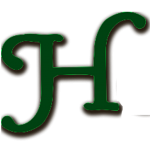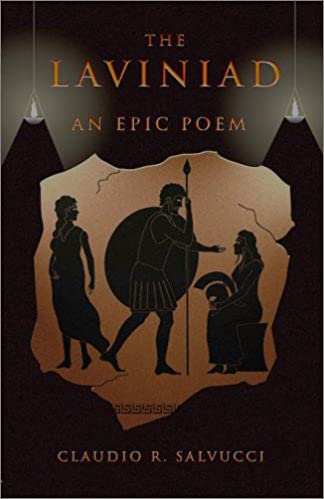My parents tell me I was an avid reader from a young age. And although I learned to appreciate many different genres, I fell in love with the rhythms of 19th century prose from authors like Jules Verne, Nathaniel Hawthorne, and James Fenimore Cooper. And I was captivated as well with traditional epic poetry, like the Song of Roland and the Aeneid. And as you can imagine, these tastes necessarily alienated me from virtually all of contemporary literature.
One incident stands out in particular. In a high school English class we were allowed to choose any book to do a report on. I chose Kurt Vonnegut’s Slaughterhouse Five, and I don’t recall why, other than it probably seemed edgy and amusing to a teenage mind. But when I learned that two of my friends had chosen Beowulf, I felt an immediate pang of regret. I had chosen poorly.
During my college years in the early 1990s, my path became ever clearer. Within academia, post-modernism was in its full, utterly tedious, ascent, and it bored me to tears. I took a fiction writing class where its aesthetic permeated all the work of my classmates. That experience steeled my determination to write classic literature in the traditional style, no matter how absolutely unfashionable, anachronistic, and out-of-touch it made me. I would write for the ages, not for this age. And realizing that majoring in English would only be a waste of my time, I studied Biology instead.
By senior year I was hard at work on the
Laviniad, an homage to the
Aeneid that told the story of Ascanius, Aeneas’s son. But I despaired of finding anyone to publish it. Luckily, a friend of mine worked in the library bindery, and encouraged me to learn the art of bookbinding. Soon I had printed and bound the first copies for my family and then started selling copies by mail and on the brand-new Internet. That was the foundation of
Evolution Publishing. In 2001, I cofounded
Arx Publishing with Tony Schiavo, and we committed the fledgling company to publishing new literature in the spirit of the old classics, including Nicholas Prata’s
Angels in Iron–to date one of the best novels I have ever read.
By now I had developed a massive backlog of my own literary ideas. Yet, I didn’t feel ready to dive back into writing fiction. Instead, I concentrated on academic research, including American dialects, Native American language and history, and liturgy. Then, by the middle of the 2010s I found myself wanting to publish more explicitly religious books, so I left Tony to manage Arx on his own, and started Ancilla Press, which has occupied me for the last few years.
Only recently I have finally felt inspired to get back into fiction again, partly due to a change in the intellectual climate since the 1990s. Post-modernism, to be sure, still has a stranglehold on the major institutions. But I don’t think the establishment realizes that the movement is a rotting hulk that will soon collapse of its own weight. Signs of disgust with the diseased offspring of modernism are everywhere if you know where to look. This is particularly true among the young, who feel increasingly alienated from the soul-deadening amoral slop that has been thrown to them. I am delighted to see that in recent years, more young souls have rejected the nihilism of the modernists and turned to the traditionalism of the classics. It’s been a long time coming, but there seems to be a great hunger once again for truth and for beauty, and particularly for the Western Canon.
And those intervening years between my first attempts and now were not wasted. They have helped me refine my craft, and given me even more ideas and a deep knowledge base to draw from. A writer needs to be not only good at writing, but also has to be enough of a curious soul and a researcher to know what to write about. Anything a soul can possibly learn, from ancient history to gardening to human nature, is excellent material for The Story.

